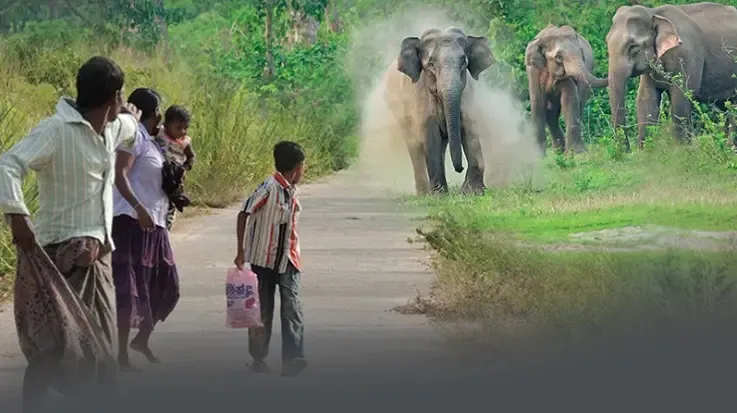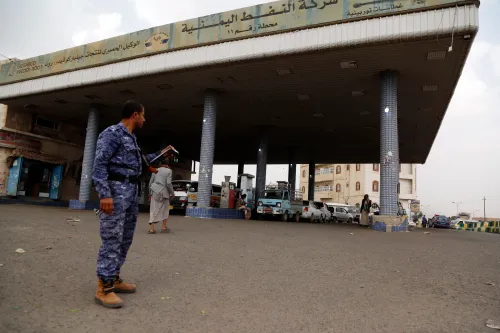Sri Lanka Initiates Elephant Corridors to Mitigate Human-Elephant Conflict

Synopsis
Key Takeaways
- Sri Lanka plans five elephant corridors.
- North-central province has the highest conflict rates.
- 27 out of 29 divisions report increased conflicts.
- Measures include habitat management and water tank rehabilitation.
- Over 400 elephants lost annually.
Colombo, Feb 2 (NationPress) Sri Lanka is set to implement five elephant corridors in its north-central province aimed at reducing human-elephant conflicts, as reported by state media on Sunday.
This north-central province has the highest frequency of human-elephant conflict incidents among all regions, according to the media.
Of the 29 Divisional Secretariat Divisions in the province, 27 have recorded a significant rise in human-elephant conflicts in recent years.
To tackle this pressing issue, authorities have opted to establish five elephant corridors. Additional steps include preventing encroachment on protected areas, enhancing elephant habitats through grassland cultivation, and restoring water tanks within conservation zones.
The human-elephant conflict remains a significant concern in Sri Lanka, as reported by Xinhua news agency.
In 2024, a total of 388 wild elephants and 155 individuals lost their lives due to these conflicts, based on official statistics.
The Human-Elephant Conflict (HEC) in Sri Lanka represents a critical and complex issue that presents considerable challenges to the preservation of the endangered Asian elephant.
This conflict has historical significance and has intensified due to various factors, including poorly conceived development projects, forest clearing, habitat degradation, fragmentation of elephant habitats, population growth, urban sprawl, alterations in land use, random electric fencing, and ineffective forest and wildlife reserve management.
The implications of this conflict include economic setbacks for farmers, human injuries, and fatalities, highlighting the urgent need for effective solutions.
Despite a long-standing tradition of wildlife conservation in Sri Lanka, current strategies have not effectively addressed the challenges posed by HEC.
The national policy established in 2018 for the conservation and management of wild elephants aims to confine elephants to Elephant Conservation Areas (ECAs) and Managed Elephant Reserves (MERs), a strategy that has not yielded positive outcomes.
Additionally, the loss of over 400 elephants annually has been compounded by a tragic incident in 2019 when seven elephants from the same herd were discovered deceased at the Hiriwadunna reserve in Habarana, triggering immediate public concern.
Legal proceedings were launched to investigate this occurrence and seek justice.









